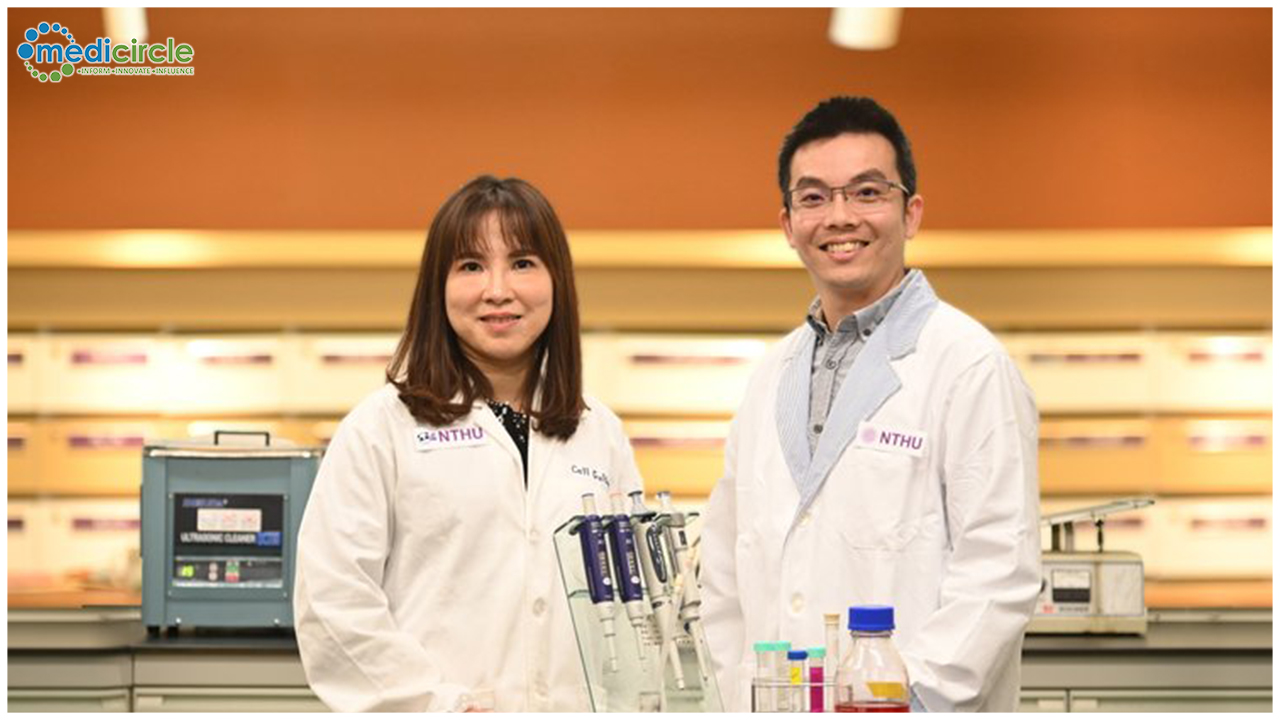A research team led by Dr. Yunching Chen and Tsai-Te Lu of National Tsing Hua University have recently developed a new treatment for cancer, in which blood vessels within malignant tumors are normalized by injecting a specially developed nanodelivery system for nitric oxide (NanoNO), which also facilitates the delivery of cancer drugs and immunocytes into the tumor. Their groundbreaking research has recently been published in the prestigious journal Nature Nanotechnology.
Dr Yunching Chen likens the structure of the human body to that of a city, and cancer cells to a gang of ruffians occupying a particular neighborhood. Releasing angiogenesis factors induces the surrounding blood vessels to provide self-expanding nutrients, preventing hypoxic necrosis of the cancer cells. The forms of cancer treatment currently in use, such as chemotherapy and target drugs, mainly work by killing the cancer cells or tumorous blood vessels, but cause abnormalities in the functions and structure of the blood vessels; moreover, if any of the cancer cells survive the treatment, they become recalcitrant, like hardened ruffians, increasing the chances of a relapse or metastasis.
What makes this innovative treatment especially interesting is it’s use of tumor vessels, which have hitherto been regarded as accomplices of cancer cells. Chen explained that after the tumorous blood vessels are normalized, they can help to enhance the function of anti-cancer drugs and immune cells.
It was while considering ways to counteract tumorous blood vessels that Chen approached Lu. Lu said that nitric oxide can promote the vasodilation of blood vessels and enhance blood circulation, and is thus used to treat such conditions as myocardial infarction and pulmonary hypertension. However, because of the short lifetime of nitric oxide, it is mostly used to treat acute symptoms, and is ineffective for chronic diseases like cancer.
The team developed a polymer-based nanodelivery system consisting of lactic acid and glycolic acid to stabilize the biomimetic dinitrosyl iron complex (DNIC) that releases nitric oxide, thereby extending the time in which nitric oxide molecules are effectively released from a few minutes to several days, allowing them to accumulate in tumorous tissues, and restoring the abnormal blood vessels to normal. At this point, anti-cancer drugs and immune cells can penetrate into the tumor, destroying the cancer cells in one fell swoop.
Immunotherapy has become a leading topic in cancer treatment research in recent years, but getting the immunocytes to the location of the cancer cells has been problematic. Chen said that her team has already used nitric oxide nanocarriers combined with immunotherapy to eliminate liver tumors in mice.
Lu said that the novel carrier for nitric oxide, biomimetic DNIC, can be easily synthesized in three steps, and the formulation can be further completed with one additional step, making it suitable for mass production. The team has already applied for patents in Taiwan and the US for the developed nitric oxide nanocarrier, and they are currently investigating the possibility for cooperation with domestic hospitals and international pharmaceutical companies.

 National Tsing Hua University have recently developed a new treatment for cancer, in which blood vessels within malignant tumors are normalized by injecting a specially developed nano delivery system for nitric oxide
National Tsing Hua University have recently developed a new treatment for cancer, in which blood vessels within malignant tumors are normalized by injecting a specially developed nano delivery system for nitric oxide










.jpeg)






.jpeg)





.jpeg)



.jpeg)
.jpeg)
